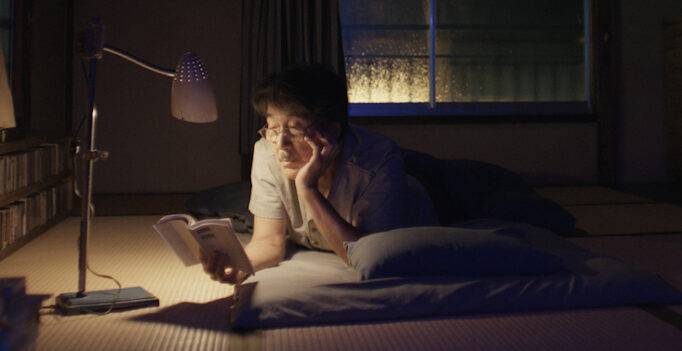Perfect Days is a balm for the soul: clearing carried-over pessimism, reminding audiences of how astounding life can be, not shaming solitary lifestyles but also suggesting that our hearts should be open to the communities around us. All of these epiphanies orbiting around the routine of public washroom cleaner Hirayama (Kôji Yakusho, who won Best Actor at last year’s Cannes Film Festival for his introverted performance).
Filmmaker Wim Wenders (Paris, Texas, Pina, Anselm) takes the first 28 minutes of Perfect Days to meticulously examine Hirayama’s daily routine. After that meditative stretch, the days shorten to capture around a week of his content existence. Adding to the wholesome nature of Perfect Days is how Hirayama takes pride in his work and finds small personal bonuses throughout his cleaning procedures. The satisfaction he feels by contributing to a stranger’s moment of relief is felt by the audience. Even if gratification isn’t outright given to Hirayama, he knows that his work is appreciated.
Perfect Days is a near perfect movie, successfully conveying the power of stories and filmmaking that exhibit a “less is more” mindset. Wenders hints at Hirayama’s suppressed emotional distraught when family visits him, and it’s possible that the director/co-writer could’ve delved into Hirayama’s past a bit more instead of showing another day of cleaning toilets. However, Perfect Days isn’t about hanging on to your past – it’s about the contemporary search for happiness and how we maintain it with consistency and adaptivity. When Hirayama is given an option to invite a new acquaintance into his life, he’s briefly apprehensive before disarming his doubts. The exchange allows Hirayama to accept guidance that will ultimately bring him more solace.
Perfect Days is nominated for an Oscar for Best International Feature Film. While the category’s competition is stiff, the bliss of this dark horse perseveres.
**********
Do You Tweet? Follow These Tweeple:
Addison Wylie: @AddisonWylie



Be the first to comment